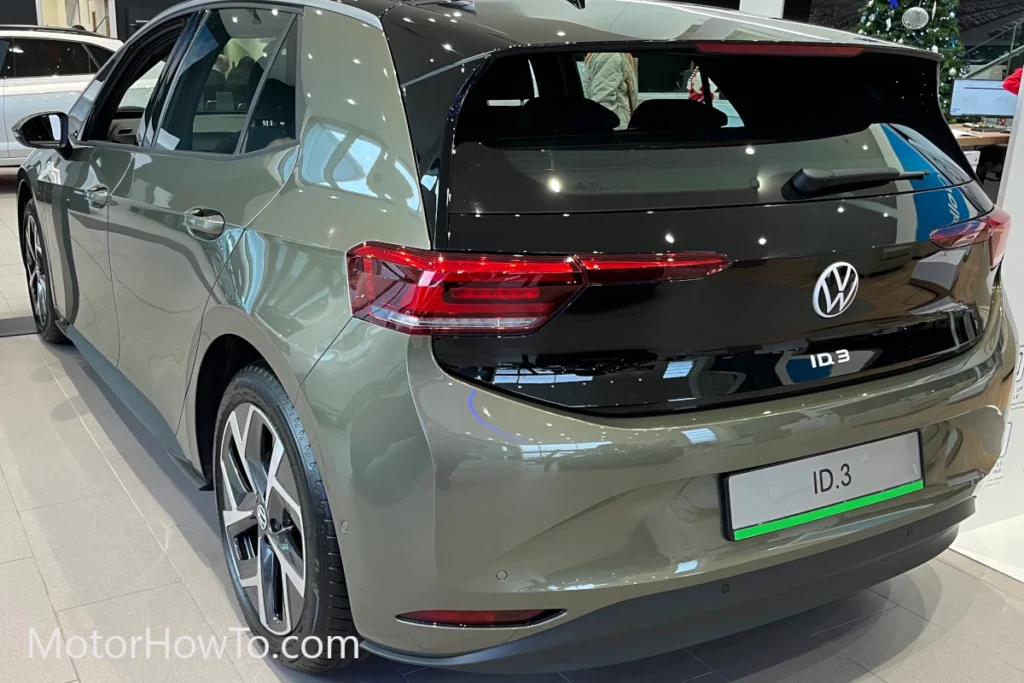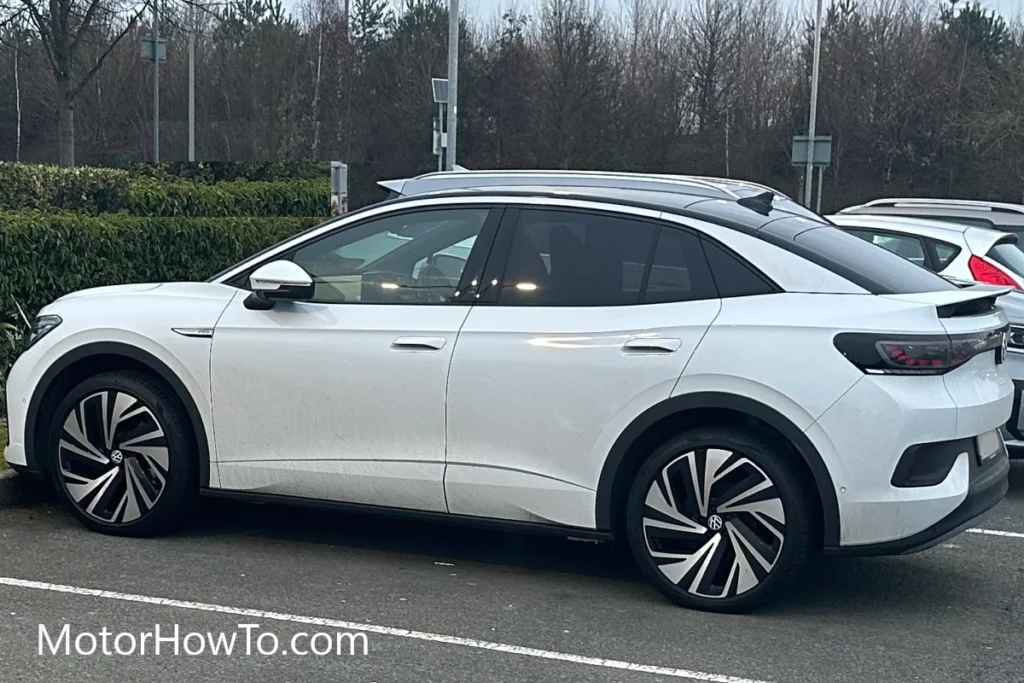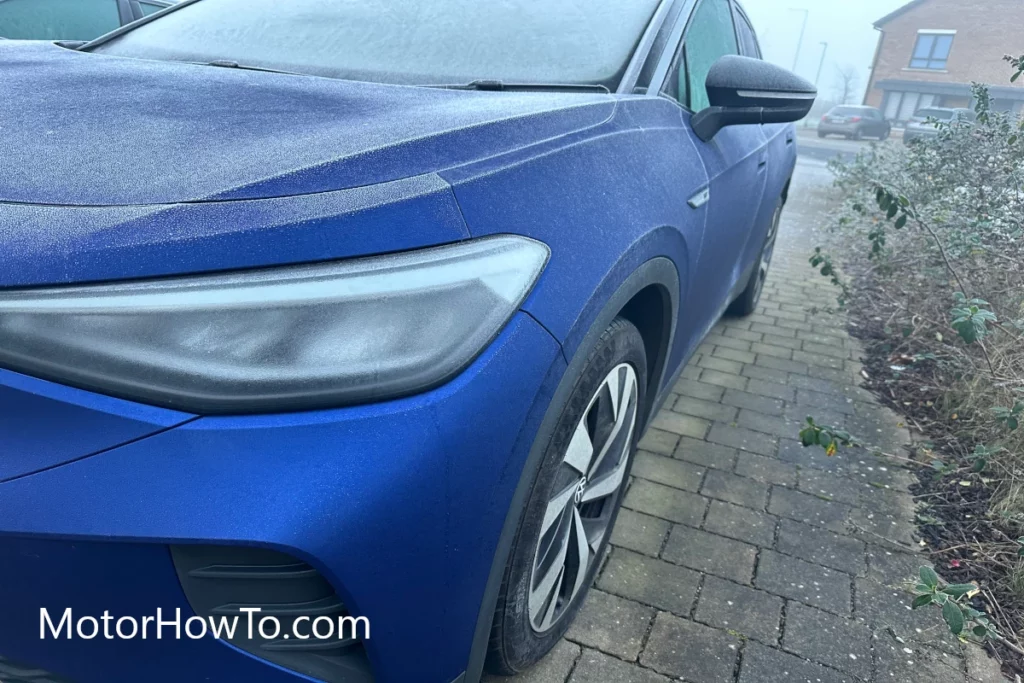In the evolving landscape of electric vehicles (EVs), understanding the intricacies of battery warranties is crucial for consumers, particularly those interested in Volkswagen’s ID series.
This article aims to demystify the battery warranty offered by Volkswagen for its ID range of vehicles. We’ll examine the key aspects of the warranty, its coverage, limitations, and what it means for ID vehicle owners.
Navigating through the technical jargon and fine print, we offer insights that empower consumers to make informed decisions and understand how Volkswagen backs the heart of their electric vehicles – the battery.
The battery warranty for Volkswagen ID vehicles typically covers eight years or 100,000 miles, ensuring battery capacity remains above 70%. It includes protection against defects and substantial capacity loss.
- Overview of Volkswagen ID's Battery Warranty
- Understanding the Coverage: Duration and Mileage
- Defining Warranty Claims: What Qualifies?
- Comparing Volkswagen’s Warranty with Industry Standards
- Steps to Claiming Your Battery Warranty
- Maintaining Battery Health: Best Practices
- Navigating Battery Issues: Owner Experiences
- Sources
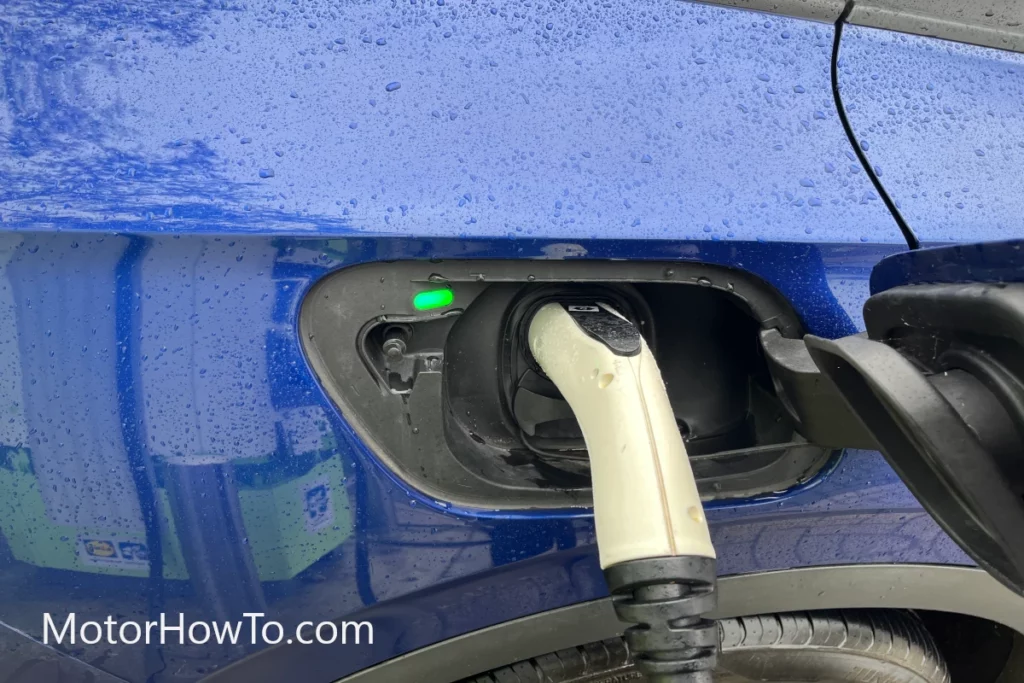
As you delve deeper into this article, you’ll gain comprehensive insights into the nuances of Volkswagen ID’s battery warranty.
We will explore topics such as the duration and mileage coverage, what constitutes a warranty claim, procedures for warranty service, and how this warranty compares to industry standards.
Additionally, the article will guide owners on maintaining battery health to maximize warranty benefits and what owners can expect in the unlikely event of a battery issue.
Overview of Volkswagen ID’s Battery Warranty
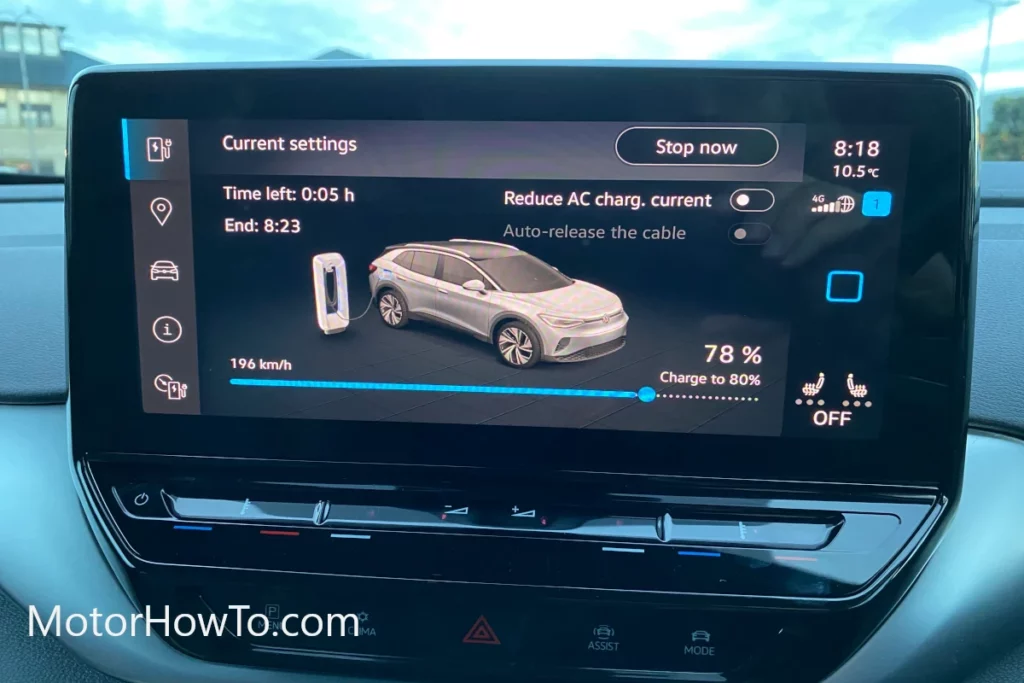
Volkswagen’s commitment to electric vehicle innovation is further solidified by its comprehensive battery warranty for the ID series.
This warranty, a key aspect of the owner’s peace of mind, spans eight years or 100,000 miles, whichever comes first.
It’s designed to assure owners that their vehicle’s battery will retain at least 70% of its original capacity over this period.
This level of coverage reflects Volkswagen’s confidence in its battery technology, offering a significant safeguard against premature capacity loss.
The warranty also covers manufacturing defects and workmanship issues, ensuring that any such problems are addressed without additional cost to the owner.
This is particularly crucial given the battery’s role as the most vital component in EVs.
Volkswagen’s warranty mirrors its commitment to quality and reliability, aiming to build trust and encourage the transition to sustainable mobility.
Understanding the Coverage: Duration and Mileage
Volkswagen’s battery warranty for the ID series is designed with longevity in mind, offering coverage for eight years or 100,000 miles.
This duration ensures that owners can enjoy the benefits of their electric vehicle without worrying about the battery’s performance over a significant period.
The warranty’s mileage cap considers the average driving habits, striking a balance between time and use.
The coverage threshold of maintaining above 70% of battery capacity is another crucial aspect.
If the battery’s capacity falls below this level within the warranty period, it qualifies for service or replacement.
This threshold ensures the vehicle delivers a practical driving range throughout the ownership period.
Defining Warranty Claims: What Qualifies?
The issue must fall within specific parameters to qualify for a claim under Volkswagen’s ID battery warranty.
The battery’s capacity must drop below 70% of its original capacity within the warranty period. This is measured by Volkswagen’s diagnostic tools, ensuring an accurate assessment of the battery’s health.
Besides capacity loss, the warranty covers defects in materials or workmanship, which are less common but equally important to address.
It’s important to note that warranty claims do not cover damages from external factors like accidents, environmental damage, or unauthorized modifications.
Moreover, improper maintenance or use of the vehicle that contradicts Volkswagen’s guidelines may also void the warranty. Owners must adhere to recommended usage practices to keep the warranty valid.
Comparing Volkswagen’s Warranty with Industry Standards
Volkswagen’s battery warranty for the ID series stands competitively within the electric vehicle industry.
The 8-year or 100,000-mile coverage is a standard benchmark in the EV market, comparable to what other leading manufacturers offer.
This standardization reflects the industry’s confidence in modern battery technology and its commitment to long-term performance and reliability.
However, where Volkswagen distinguishes itself is in the details of its coverage, particularly regarding the guaranteed 70% capacity retention. This guarantee is crucial as it directly relates to the vehicle’s range and performance.
Some manufacturers offer similar or slightly varied terms, making Volkswagen’s warranty a strong contender in the market.
Such warranties are not just a statement of product quality but also a significant factor influencing consumer choice in the EV market.
Steps to Claiming Your Battery Warranty
Claiming the battery warranty for a Volkswagen ID vehicle involves a straightforward process:
- Contact an Authorized Dealer: Contact your nearest Volkswagen authorized dealer when you suspect a battery issue.
- Battery Inspection: The dealer will conduct a comprehensive diagnostic test to assess the battery’s condition.
- Documentation: Provide all necessary documentation, including warranty details and vehicle service history.
- Warranty Assessment: The dealer will determine if the issue falls under warranty coverage.
- Service or Replacement: If covered, Volkswagen will service or replace the battery at no additional cost.
While the warranty claim process is designed to be customer-friendly, owners need to maintain their vehicles properly and keep all relevant records.
This proactive approach ensures a smooth warranty claim experience, should the need arise.
Maintaining Battery Health: Best Practices
Maintaining the health of your Volkswagen ID’s battery is paramount for longevity and performance.
Regularly charging your battery and avoiding extreme depletion (below 20% charge) can significantly extend its life.
It’s also advisable to avoid frequent fast charging, leading to increased wear and tear over time. Instead, opt for standard charging methods for routine use.
Temperature management is another critical aspect. Extreme hot and cold temperatures can adversely affect battery performance and health.
Therefore, parking in shaded areas, using pre-conditioning features, and ensuring your vehicle’s software is up to date are key practices.
These steps help maintain optimal battery conditions, enhancing its lifespan and efficiency.
Navigating Battery Issues: Owner Experiences
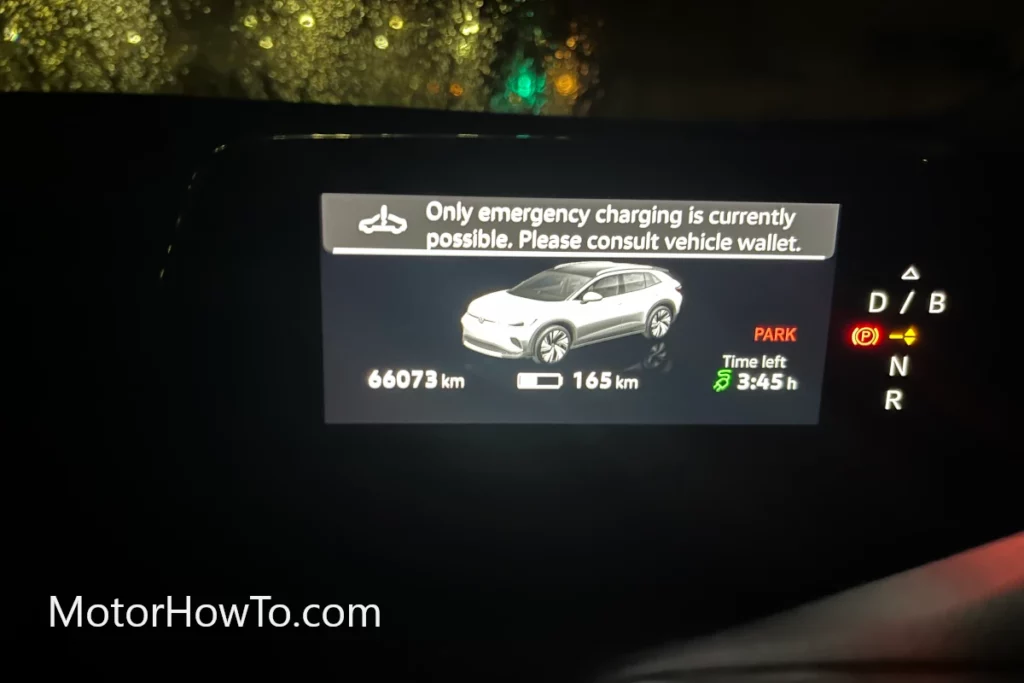
For Volkswagen ID owners, encountering battery issues can be a rare but challenging experience.
Common signs of battery problems include significantly reduced range, inconsistent charging behavior, or battery management system alerts.
When these issues arise, it’s important to seek professional assessment promptly to prevent further damage.
Owner experiences highlight the importance of regular battery health checks and adherence to Volkswagen’s maintenance guidelines.
Owners can ensure timely intervention under the warranty by staying vigilant and responsive to any signs of battery degradation.
Personal anecdotes also stress the value of understanding the warranty’s scope and terms, enabling owners to navigate potential battery issues confidently and clearly.
Sources
Electric battery vehicles warranty

